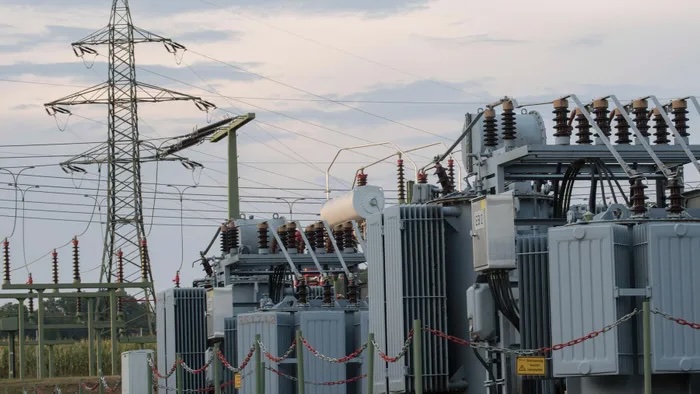
Choosing the right transformer involves carefully matching voltage and power requirements, considering the application environment, frequency, winding type, and necessary features and certifications for safe and efficient power conversion.
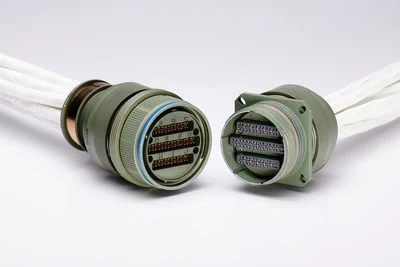
Selecting and installing industrial connectors requires careful consideration of application requirements, connector type, contact materials, proper installation techniques, thorough testing, and ongoing maintenance to ensure reliable connections.
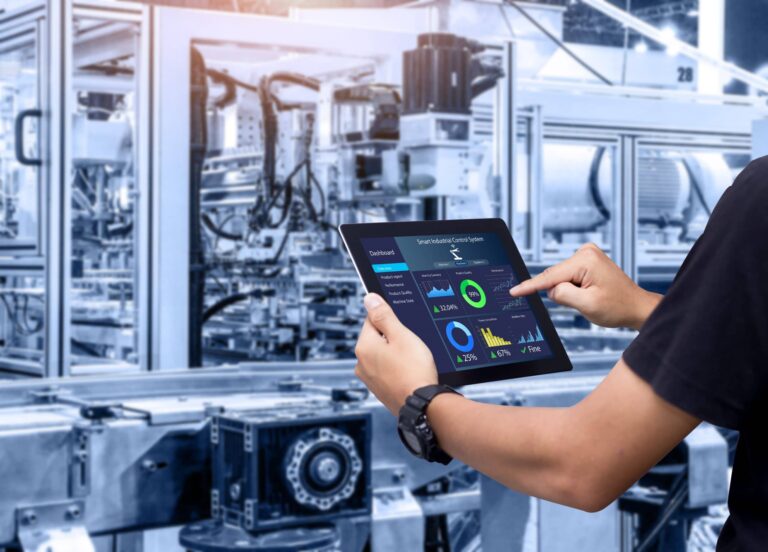
Energy monitoring systems provide real-time data and analytics to optimize energy consumption, reduce costs, and promote sustainability.
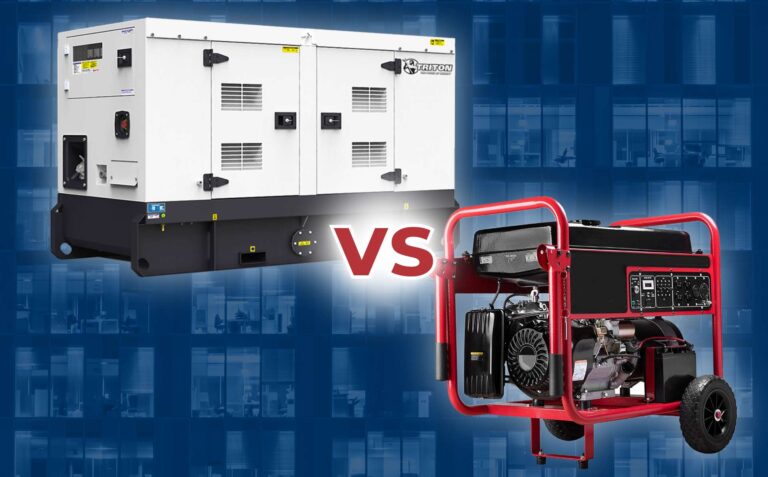
Choosing the right generator involves assessing power needs, considering application and portability, selecting the appropriate fuel type, and evaluating features and specifications to ensure reliable power backup.
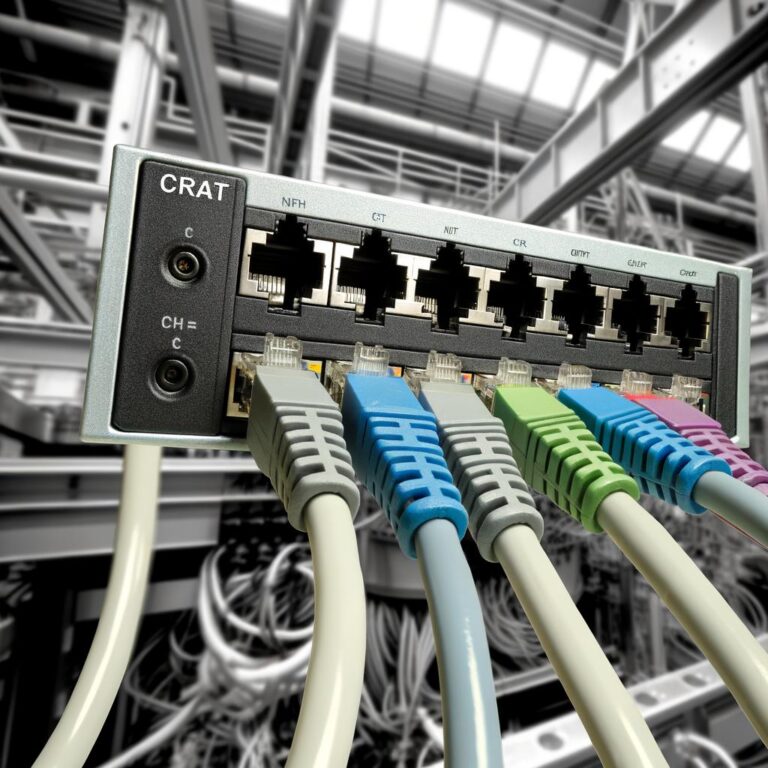
Ethernet switches in industrial settings enhance communication, reliability, security, and management through deterministic communication, redundancy, advanced security features, and remote monitoring capabilities.
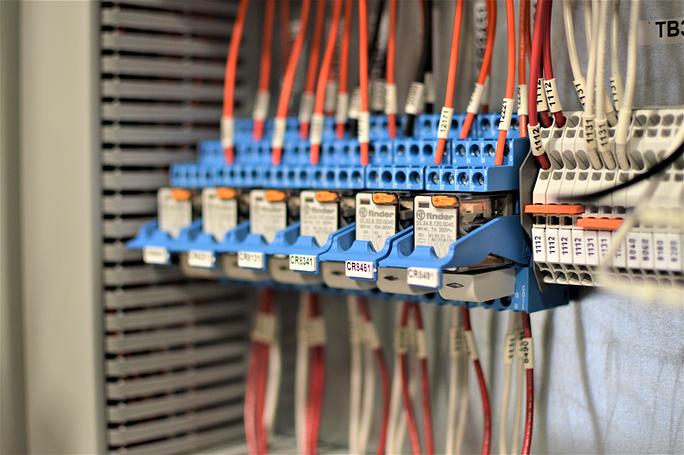
Industrial relays offer benefits like isolation, flexibility, reliability, enhanced safety, and cost-effectiveness for controlling and switching electrical circuits in industrial settings.
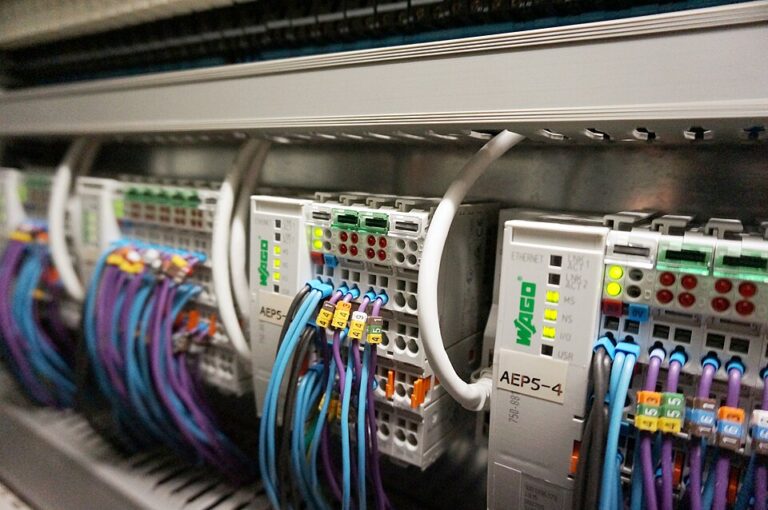
PLCs offer industries flexible, reliable, and cost-effective automation through programmability, durability, diagnostic capabilities, system integration, and reduced downtime.
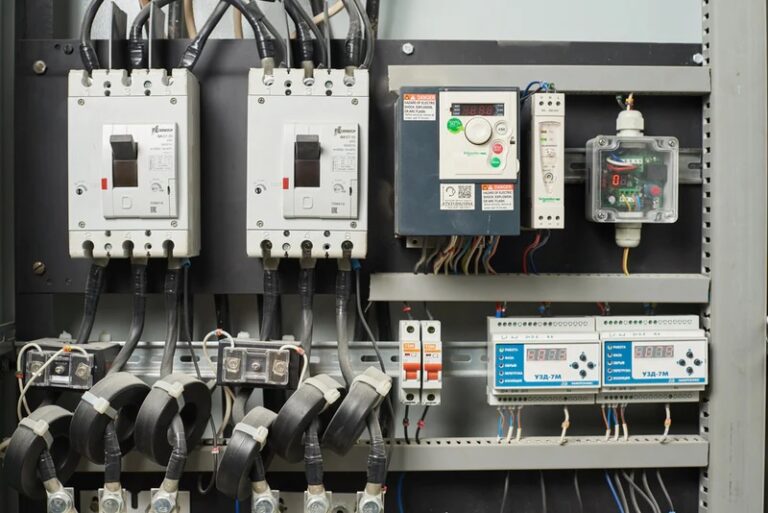
Understanding the different types of electrical panels, from residential breaker and fuse panels to industrial MCCs and distribution panels, is crucial for ensuring safe and efficient power distribution.
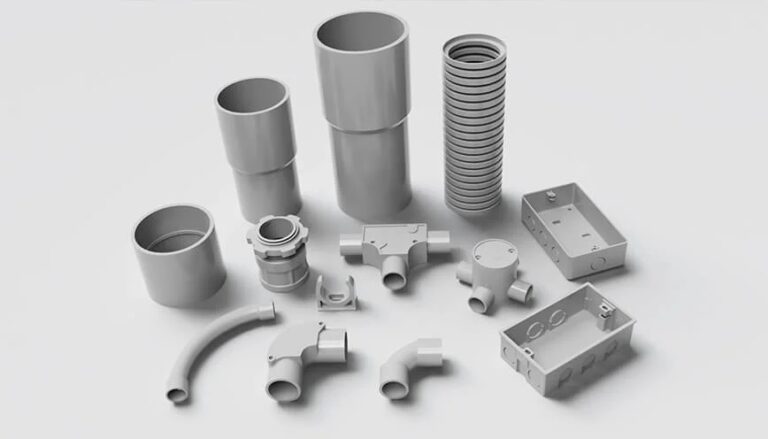
Selecting the right conduit and fittings involves matching material and size to environmental conditions and wiring needs, and ensuring proper installation for a safe and reliable electrical system.









